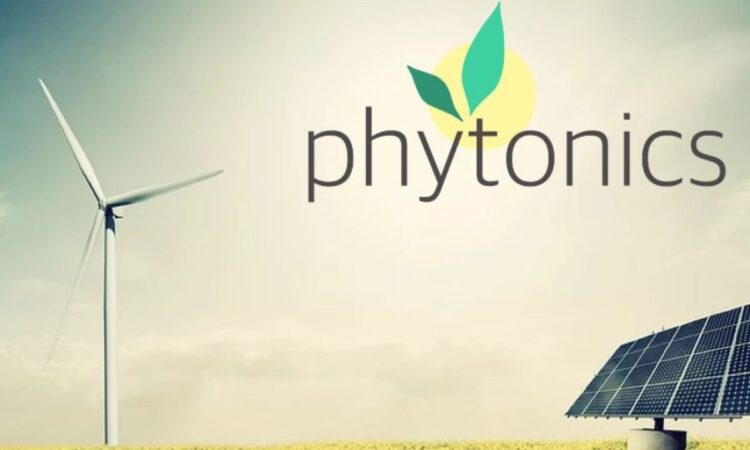
German start-up Phytonics, has closed a Series A funding round which will help launch its PV module ‘anti-reflective’ coating to the market. The figure is undisclosed but said to be in the low seven figures.
High-Tech Gründerfonds (HTGF), EIT InnoEnergy, Karlsruhe Institute of Technology (KIT) and angel investors participated in the round.
“Phytonics is a High-Tech spin-off of KIT, the bionic technology is based on several years of research work. KIT already supported the commercialisation of the technology within the framework of funding projects of the Federal Ministry for Economics Affairs and Climate Protection. We are very pleased to now accompany the company’s growth together with the other investors of the Seed financing round,” says Dr. Eric Braun, investment manager at KIT.
After seven years of research and development, Phytonics has developed a coating based on micro- and nano-structures it claims enables up to 10 % higher annual electrical energy yields when solar modules are glare-free.
“To compete with other world regions like China, Europe will have to play to its strengths and bring the most advanced PV products to market, at industrial scale,” says Christian Müller, Member of the Executive Board of EIT InnoEnergy and CEO for the DACH region.
“The technology has the potential to significantly increase the efficiency of solar modules and make them a preferred option for homes, businesses and even large-scale power generation.”
The anti-reflective film replicates the epidermis of rose petals over a large area. It almost completely suppresses reflection for all wavelengths and angles of incidence of light. It is suggested that this anti-glare coating could allow for solar modules to be used in forbidden areas such as the surroundings of airports, motorways and railway tracks.
“We are very pleased to receive this support in our mission to revolutionise the PV industry,” says, Dr. Ruben Hünig, Co-CEO of Phytonics. “This funding will allow us to advance our research and bring this breakthrough technology to market, expected by the end of 2023, to make solar energy a practical and efficient option for all.”






